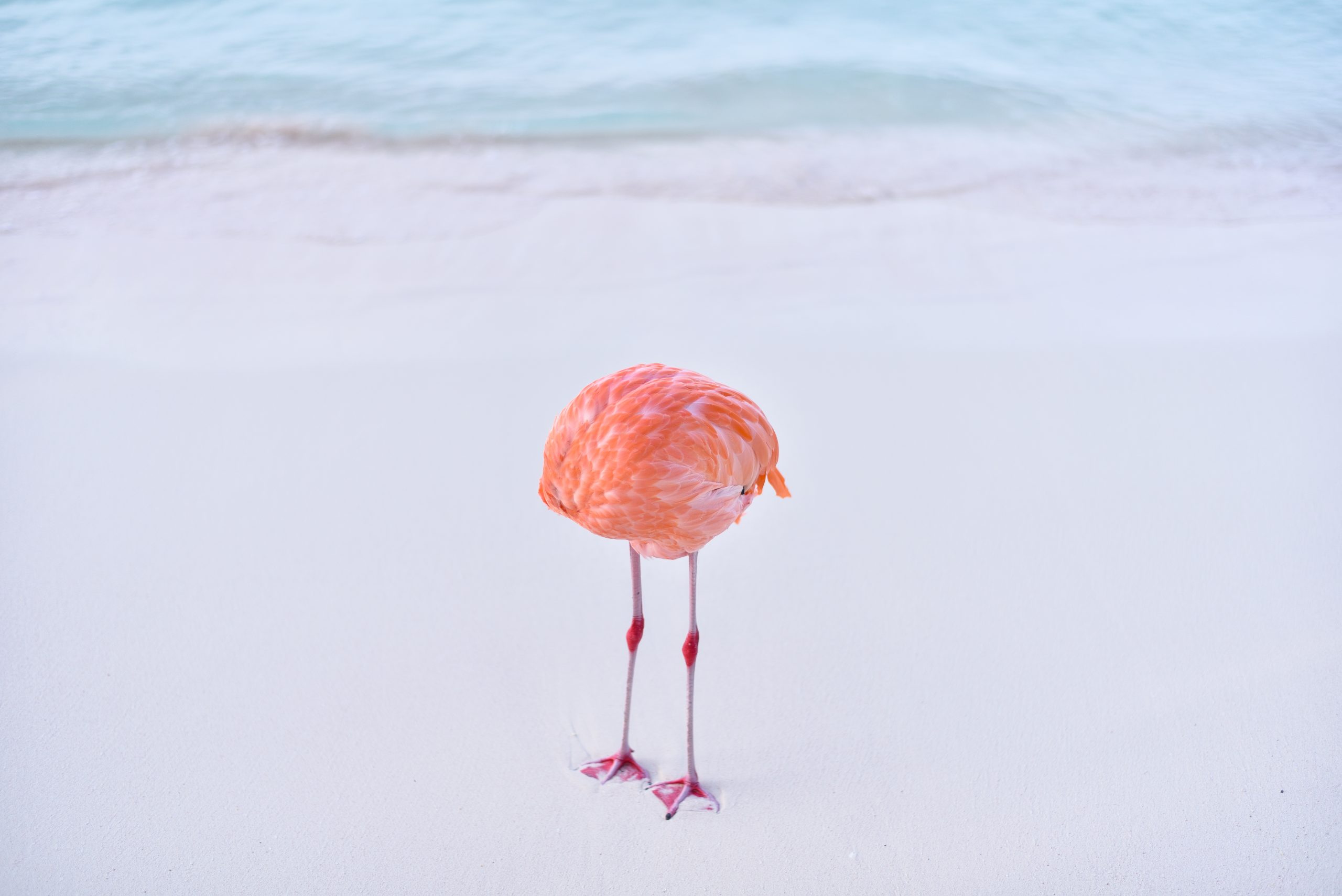To paraphrase Shakespeare, you lot protest too much!
The motion picture has been around almost as long as photography, and was invented in 1888.* But people know whether they're watching real life in a documentary video or the fakery of a movie. And the same is true for writing - we rarely confuse news with fiction.
It all depends on context. Presented with a moving image or a piece of writing with no clues (why it was created and by whom, and from where and when?), then we are rightly confused. But how often does that happen?
But still photographic images are often treated differently - and ARE often presented without context, like this flamingo photo. Think of all the photos in the RFF galleries - most have no context. That doesn't happen with video clips nor text - both of which invariably have accompanying info for context.
So as a consequence many photographers view technology like Frankenstein's monster, and attack it like a mob with pitchforks! Photoshop, digital cameras, now AI... Witness the comments in this thread: users of AI are amoebas, AI is "creepy", AI will destroy photography!
The problem isn't technology - it's YOU. You need to change how you think about photos. Stop treating a photo as some kind of unique thing that somehow magically tells the viewer everything about itself, including how and why it was taken. Like every other object in existence, that's impossible!
I'm a contemporary art photographer, and every time my photos are published or exhibited there's always context: an accompanying project statement, essay, captions, related objects and/or a talk... maybe the location gives further clues.
Am I worried about AI? Yes - but not because it'll mean the death of photography (it won't)! My concern is more real: AI will change your life and mine massively and dramatically over the next few years: for example, the Institute for Public Policy Research states that 8 million jobs in the UK are at risk from AI - that's 25 per cent of our working population!
_______
*Not Edison (who wrongly took all the credit) but Louis Le Prince - a Frenchman living in London.

 news.artnet.com
news.artnet.com



